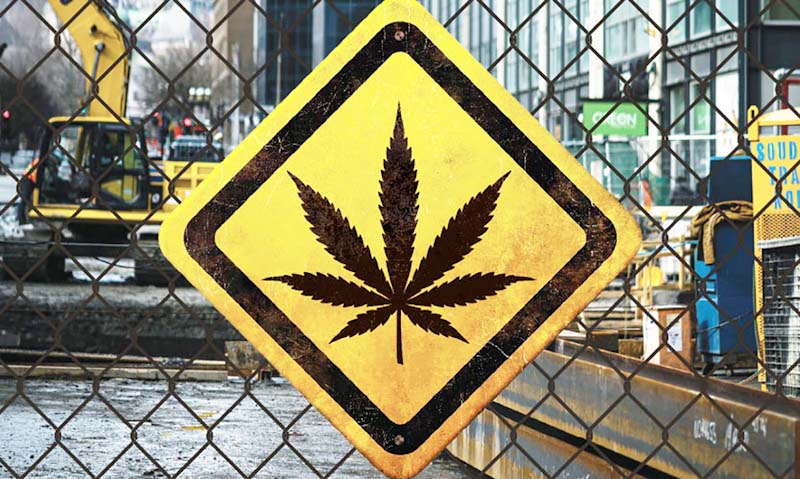What Does New York State’s Deregulation Of Marijuana Mean for the Workplace?
In general, the deregulation of marijuana has led to implications on drug testing policies and employee rights. Employers should consider removing THC from their pre-employment drug screening panels. Additionally, employers should review any off duty conduct policies in place, as it is unlawful for an employer to discharge, discriminate against, or refuse to hire an individual because of the individual’s legal use of consumable products off the employer’s premises and outside of work hours. The law does not provide exemptions for general “safety sensitive” positions, but exceptions are in place if action would cause the employer to be in violation of federal law or results in the loss of a federal contract or federal funding.

What Does Recreational Marijuana Use Mean for Employers in NYS?
The law does not provide exemptions for general “safety sensitive” positions, but exceptions are in place if action would cause the employer to be in violation of federal law or results in the loss of a federal contract or federal funding.
NYS Marijuana Use Policies In the Workplace
Employers can enforce policies prohibiting the use, possession, transfer, or sale of marijuana at work. Additionally, employers can enforce prohibitions against impairment during work hours or at the workplace, or while using the employer’s equipment or other property.
Employer Discrimination Policies in NYS
Employees may have certain rights regarding off-duty recreational marijuana use. New York State law protects individuals who use marijuana outside of the workplace from discrimination. However, employers can still take action if an employee’s marijuana use impairs job performance or violates workplace policies.
Marijuana Drug Testing Policies for Employers In NYS
Employers may need to review and potentially revise their drug testing policies. Since off duty use of recreational cannabis is now legal, employers may want to remove cannabis from pre-employment drug testing panels. THC, the active ingredient in cannabis, can stay in a person’s system after intoxication wears off. How long the presence of THC stays in the user’s system can vary depending on how frequently or for how long a period they have been using.
Employers should exercise caution in post-accident drug testing as well. A positive drug test for cannabis in someone’s system cannot determine if someone is actually under the influence at the time of testing. Ensure any testing is done is based on specific articulable symptoms:
- that decrease or lessen the employee’s performance of the duties or tasks of the employee’s job position or
- that interfere with an employer’s obligation to provide a safe and healthy workplace, free from recognized hazards, as required by state and federal occupational safety and health law.
Employee Medical Marijuana Use In the Workplace
Employers may be required to provide reasonable accommodations for employees who use medical marijuana. This could include modifying work duties or schedules to accommodate medical treatment or allowing the use of medical marijuana during non-working hours. It is important to note that employers are not required to accommodate marijuana use if it would create an undue hardship or pose a safety risk. Employers should engage in an interactive process with employees to determine appropriate accommodations on a case-by-case basis.
Similar to off duty use of recreational marijuana, employees who are certified to use medical marijuana may have legal protections against discrimination in the workplace. New York State prohibits employers from taking adverse employment actions against employees based solely on their status as medical marijuana cardholders or their use of medical marijuana outside of work hours.
Cannabis Use in Manufacturing and the Production Sector
Employers in the manufacturing industry should prioritize safety, compliance, and clear communication when addressing cannabis use in the workplace. By implementing effective policies and practices, employers can minimize risks and maintain a safe and productive work environment.
Manufacturing environments often involve heavy machinery, hazardous materials, and other safety-sensitive activities. Employers have a legal obligation to maintain a safe workplace under Occupational Safety and Health Administration (OSHA) regulations.
Cannabis use, whether for medical or recreational purposes, can impair cognitive function, reaction times, and decision-making abilities, which can pose serious safety risks in manufacturing settings. Employers should ensure that their policies and practices effectively address these safety concerns.
Editor’s Note: Report provided by Clarity Testing of Elmsford, NY and other industry sources. For more information go to https://www.claritytesting.com/
